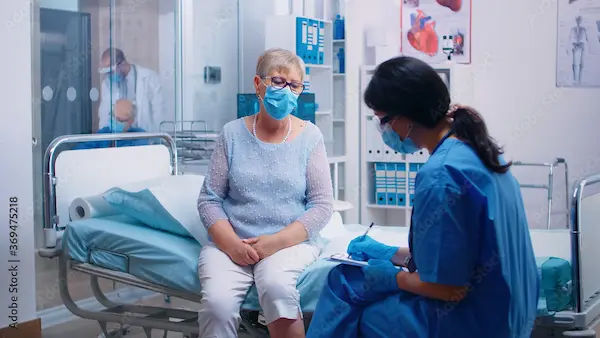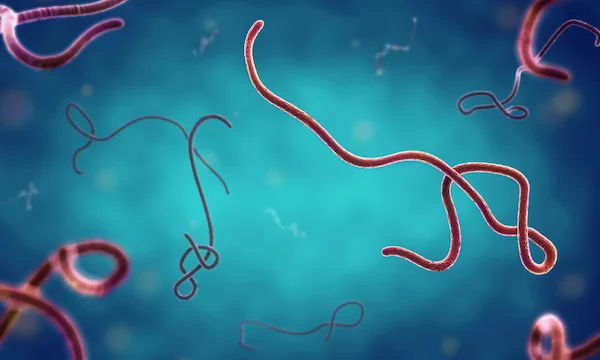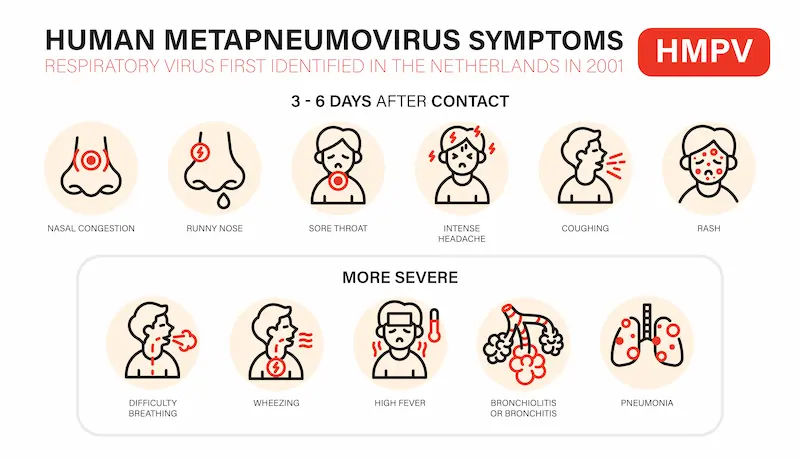- Male
- 16 Years
- 29/01/2025
I'm a bit worried because I've been bitten by a dog, and I'm not certain if the dog has been immunized. Should I consult a particular type of doctor in this situation? And is it possible to check if the dog is vaccinated for rabies before I need to get any shots myself?
Answered by 1 Apollo Doctors
you:
Immediate Steps
- Wash the wound: Immediately wash the bite area with soap and water.
- Apply antibiotic ointment: Apply an antibiotic ointment to the affected area.
- Seek medical attention: Visit a doctor as soon as possible.
Consulting a Doctor
- Primary Care Physician (PCP): You can start by consulting your PCP, who will assess the wound and provide guidance on further treatment.
- Emergency Room (ER) Doctor: If the bite is severe or you're experiencing symptoms like fever, chills, or swelling, visit the ER.
- Infectious Disease Specialist: In some cases, your doctor may refer you to an infectious disease specialist for further evaluation and treatment.
Rabies Vaccination
- Assessing the dog's vaccination status: If possible, try to determine the dog's vaccination status. If the dog is up-to-date on its rabies vaccination, the risk of transmission is lower.
- Getting the dog checked: If the dog's vaccination status is unknown, it's recommended to have the dog observed for 10 days. If the dog remains healthy during this period, the risk of rabies transmission is low.
- Post-Exposure Prophylaxis (PEP): If the dog's vaccination status is unknown or the dog is not available for observation, your doctor may recommend PEP, which includes immediate vaccination against rabies and administration of rabies immunoglobulin.
Dr. Kareemulla Suggests...
Consult a Infectious Disease specialist
Answered 04/07/2025
0
0

More Infectious Disease Health Queries
View allI'm feeling quite anxious about my test results. My neutrophils are at 84, and my erythrocyte sedimentation rate is 23mmhr. I've also got a pus cell count of 5-6 hpf. The results show Salmonella typhi O and H both at 1:160, while Salmonella paratyphi A and B are negative. It says negative for dengue and malaria. My RBC count is 5.61 millioncmm, platelet count is 2.13 lakhscmm, and haemoglobin is 16.2 gdl. My WBC is at 7000 cellscumm. The doctor suggested that I get admitted, but I'm really pressed for time and can't afford to do that right now. What should I do?
Hi from the reports it seems to be like typhoid fever. The decision of admission must be taken by you and your doctor after discussion of the condition
Answered by 1 Apollo Doctors
I'm really concerned about my HIV status. So, I had a PCR RNA test 22 days after potential exposure, and it came back not detected. Then, at 44 days, I did an HIV combo test and it was negative. Finally, I did HIV rapid testing at 76 days, and that was negative too. Based on these results, am I in the clear?
Visit your Physician for evaluation and appropriate management
Answered by 1 Apollo Doctors
I'm kind of worried and need some guidance. Its been 53 days since I might have been exposed to HIV. I used an automated Western blot system for testing and the result came back negative. Does this mean I'm definitely in the clear, or should I be concerned? What does "negative conclusion" mean in this context? I really need to understand what my next steps should be.
Yes you are negative for HIV if you are concerned get your self after 6 months if that turns out to be negative you are free from the disease
Answered by 1 Apollo Doctors
Disclaimer: Answers on Apollo 247 are not intended to replace your doctor advice. Always seek help of a professional doctor in case of an medical emergency or ailment.





